According to the statement of the Vice President of Sales and Marketing of Khorasan Steel, traders in Iran buy steel products at low prices from the commodity exchange and export them to neighboring countries with unfavorable competition and low price, without any effort or job creation. In this case, instead of entering foreign currency into the country, they import goods and sell them at the free dollar rate in the domestic market. When this policy was applied before, it caused neighboring countries to impose taxes on the imports of these products.
The supply of steel products at the prices determined by the government continues in Iran's commodity exchange. The price of rebar exported by Turkey is between 680-700 $/t. However, this product is sold at a price of 20,000 Tumen /kg in the Iranian commodity exchange.There is more than 300 $ difference between the international price of rebar and the domestic price in the stock market, approximately *392 $/t in dollar terms. However, the money made by the government's policy of liberalizing steel exports for all goes into the pockets of foreign consumers. In this way, traders buy products from the exchange at low prices and sell them to foreign customers, including logistics costs, and with a low profit percentage.
In addition, because the merchants are not manufacturers, they sell their products to foreign customers with the lowest profit and below the cost price. In the continuation of this situation, the products are sold at low prices in foreign countries, leading to the prevention of more foreign currency inflows to the country.
*(1 $= 510.000 İRR)


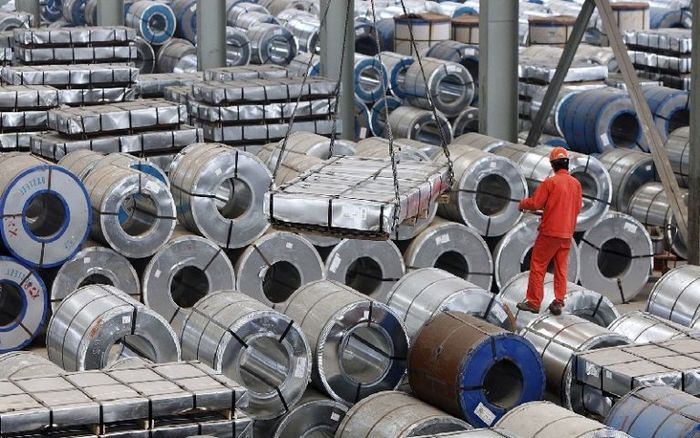

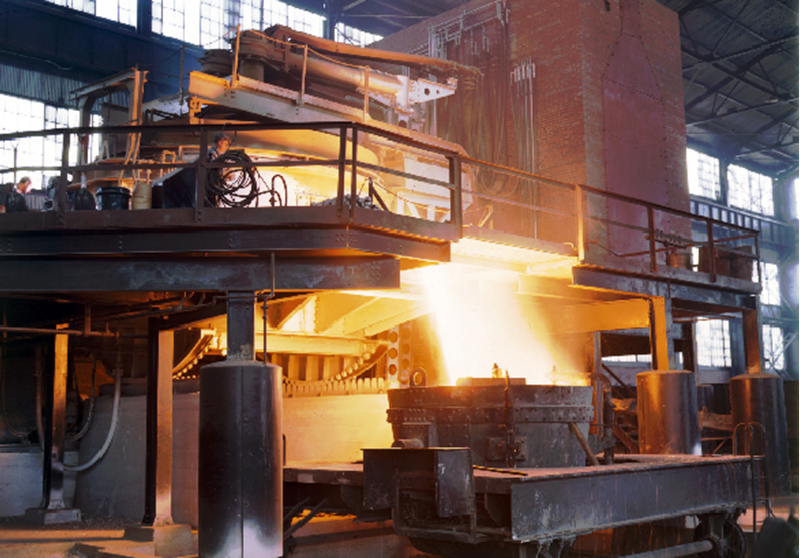
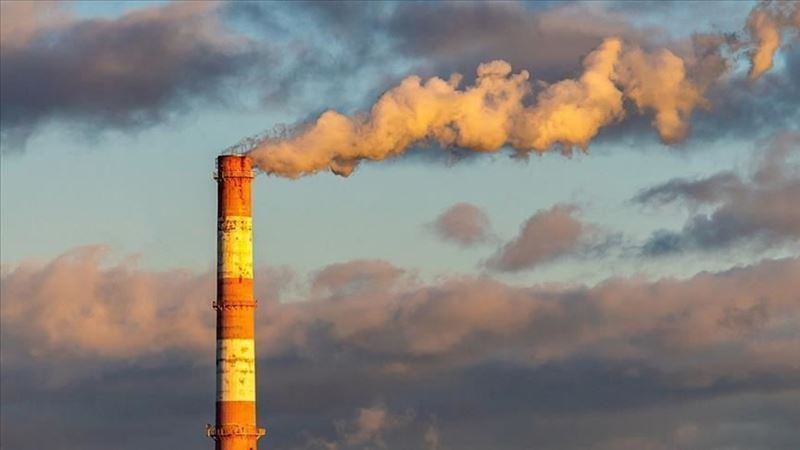
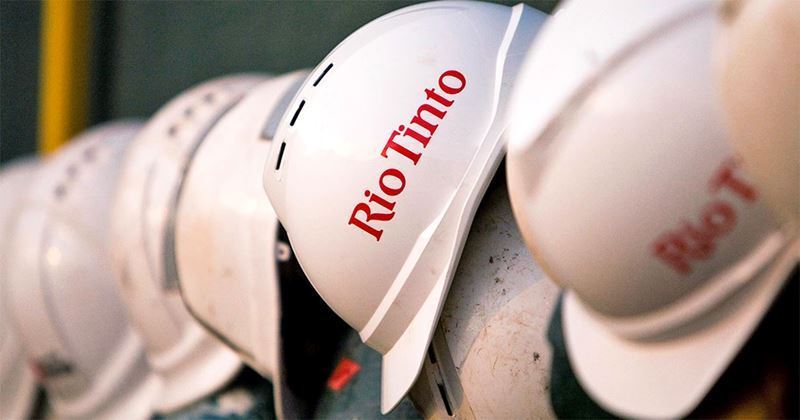
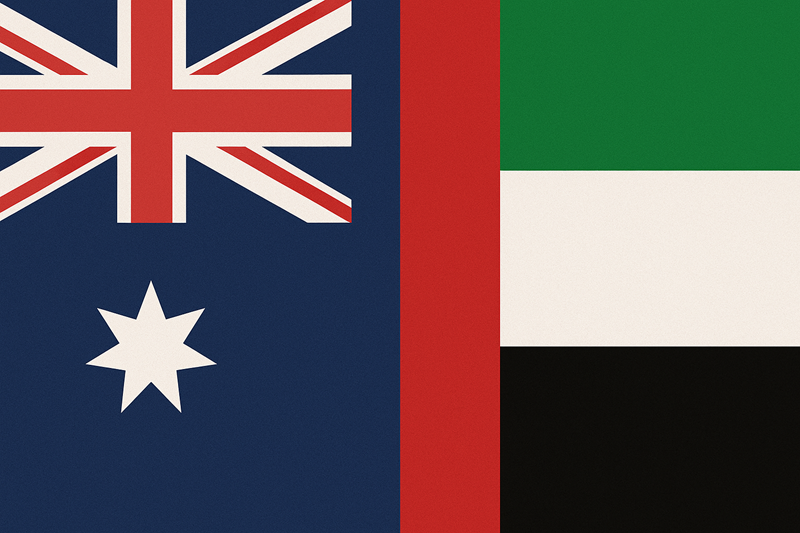
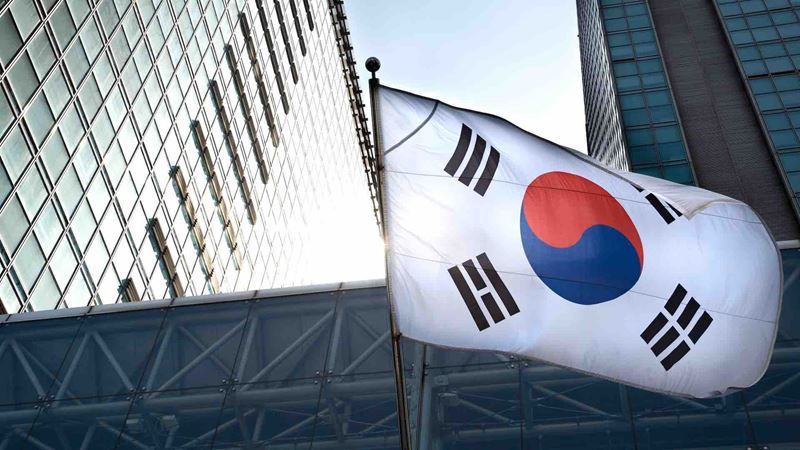


Comments
No comment yet.